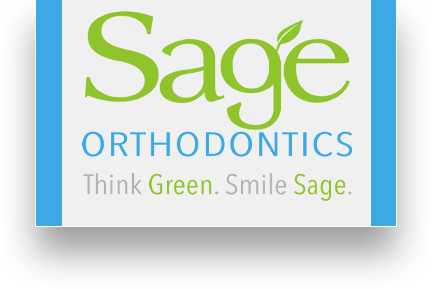Portage, MI Orthodontist
 Braces create a beautiful, straight smile, but how do you maintain these results after treatment? Your final orthodontic results depend on your retainer. Retainers help maintain the position of straighten teeth, so be sure to follow up with us for additional treatment after your braces have been removed. Read the information below to learn more about retainers and how to care for them at home.
Braces create a beautiful, straight smile, but how do you maintain these results after treatment? Your final orthodontic results depend on your retainer. Retainers help maintain the position of straighten teeth, so be sure to follow up with us for additional treatment after your braces have been removed. Read the information below to learn more about retainers and how to care for them at home.
Types of Retainers
There are a few different types of retainers that may be recommended to you:
- Clear Retainers – A removable, clear plastic tray that fits over your teeth.
- Traditional Retainers – A removable appliance made of acrylic and a wire that sits on the front side of your teeth.
- Bonded Retainer – A thin, fixed wire that is temporarily bonded to the lingual (tongue) side of the anterior teeth.
Other Ways Retainers Help
Besides maintaining straight teeth, retainers have many other advantages. Straighter teeth are easier to clean which decreases plaque buildup and reduces the chance of developing tooth decay. Special types of retainers may help improve breathing and snoring at night. Retainers can also adjust the placement of your child’s tongue, which helps with speech impediments during vocabulary development.
Caring for Retainers
Just like teeth, retainers should be brushed daily with toothpaste. Use a soft-bristled toothbrush and gently brush the entire area. Be extra careful around the wires so that they don’t bend out of place.
Your retainer is an important part of completing your orthodontic treatment, so take care of it and it will take care of you. Once your braces have been taken off, the retention phase begins. It is vitally important to follow through with retention in order to maintain your newly straight smile. Retainers may also help with additional problems like speech impediments or trouble breathing.
Call us to schedule an appointment today to see if retainers are the right fit for you or your child.

